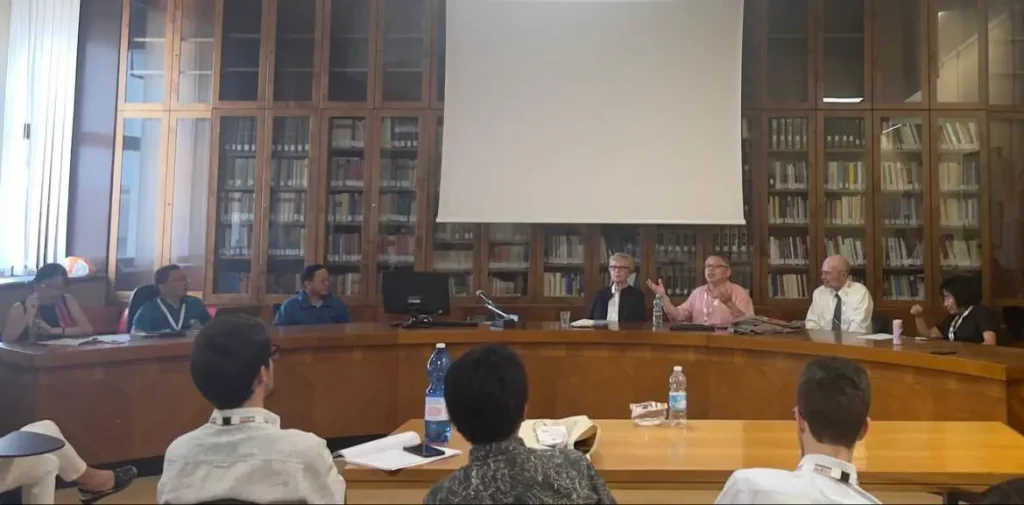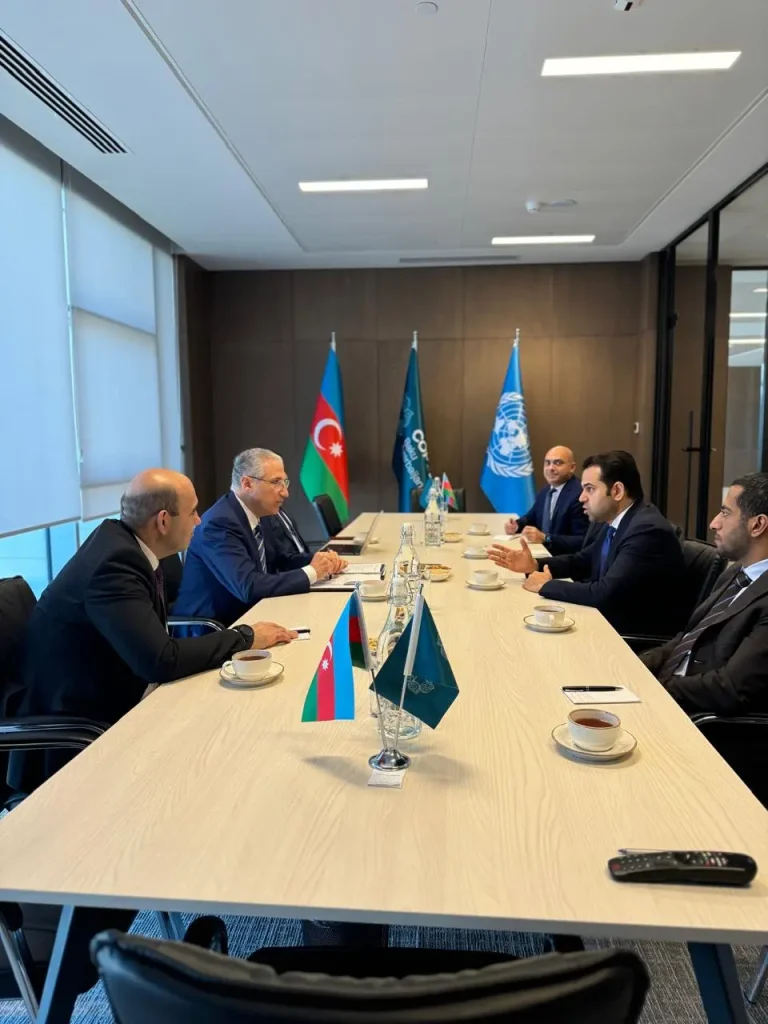The Muslim Council of Elders to Participate with a Special Booth at the International Istanbul Arabic Book Fair 2024, Showcasing Over 220 Publications Covering Various Intellectual and Cultural Fields
For the third consecutive year, the Muslim Council of Elders is participating with a special booth at the 9th edition of the International Istanbul Arabic Book Fair 2024, which will be held from August 10 to 18 in Istanbul, Turkey. The Council’s participation is rooted in its mission to promote peace, reinforce the values of dialogue and tolerance, and build bridges of cooperation among people of different races and beliefs.
The Council’s booth at the fair will feature more than 220 diverse publications in multiple languages, addressing key intellectual and cultural fields, working to correct misconceptions, and spreading enlightened, moderate thought. Additionally, a distinguished cultural program will be organized, featuring a variety of activities and events.
Among the most notable publications are over 20 works by His Eminence Prof. Dr. Ahmed Al-Tayeb, the Grand Imam of Al-Azhar and Chairman of the Muslim Council of Elders, highlighting Islam’s tolerance and the richness of its intellectual and philosophical heritage. These works include Al-Qawl Al-Tayyib (The Good Word), Muqawmat Al-Islam (Essential Features of Islam), Ra’y Fi Hiwar Al-Sharq Wal-Gharb (A View on East-West Dialogue), Al-Awda ila Al-Iman (The Return to Faith), Kalima ila al-Shabab (A Word to the Youth), Fi al-Mustalah al-Kalami wal-Sufi (On Theological and Sufi Terminology), Al-Turath wal Tajdid (Heritage and Renewal), as well as publications released in 2024 such as Al-‘Onf wal Silm: Nahw Fahm Mutakamil (Violence and Peace: Towards a Comprehensive Understanding), Al-Gharb wa E’adat Ektishaf al-Islam (The West and the Rediscovery of Islam) by Tijani Boulaouali, Fikrat al-Silm Fajr al-Nahda al-Europea (Conceptualizing Peace During the European Renaissance) by Dr. Bennacer El Bouazzati, Medyat al-Ta’aruf Fi Al-Maghreb wal-Andalus (Interfaith Encounters in Al-Andalus and Morocco) by Dr. Jaafar Ben El Haj Soulami, among others.
The booth of the Muslim Council of Elders at this year’s International Istanbul Arabic Book Fair will also feature a collection of important publications, including Al-Hob Fi Al-Qur’an Al-Karim (Love in the Holy Qur’an) by Jordanian Prince Ghazi bin Muhammad, a member of the Muslim Council of Elders; The Grand Imam and the Pope: A Thorny Path — A Testimony to the Birth of the Human Fraternity Document by Judge Mohamed Abdelsalam, the Secretary-General of the Muslim Council of Elders; Qawa’id al-Fahm wal-Tafahum Min al-Fikr wal-Lugha (Rules of Understanding and Communication in Thought and Language) by Dr. Mustafa Bin Hamza, a member of the Muslim Council of Elders; and Mutashabih al-Nazm Fi Qasas Al-Qur’an Al-Karim: Muqarana wa-Tahlil (Studies on the Similarities of Style in Quranic Stories: A Comparative and Analytical Study) by Abdelghani Al-Rajhi.
Believing in the importance of translation as a bridge between civilizations for constructive communication, the Muslim Council of Elders has continued its efforts to translate books that promote peace. Among the notable translated works are Religious Tolerance in World Religions by Jacob Neusner and Bruce Chilton, Confronting Islamophobia in Europe by various researchers, Islam and Good Governance by Professor Muqtader Khan from the University of Delaware, USA, and Islam, the West, and Tolerance: Conceiving Coexistence by Aaron Tyler.
Coinciding with the Council’s celebration of its tenth anniversary, the Council’s booth at the 2024 International Istanbul Arabic Book Fair will host a series of intellectual and cultural events and programs catering to visitors’ interests and needs. This includes a section dedicated to selling books to visitors and a special children’s corner featuring various entertaining and educational activities specifically designed for them.
It is worth noting that the International Istanbul Arabic Book Fair is the largest non-profit international Arabic book fair held outside the Arab world. It aims to revive the Arabic language in Turkey and strengthen ties between Arabs and Turks. The fair attracts the Arab community residing in Turkey and many Turkish citizens interested in the Arabic language and its sciences. This year, more than 330 publishers from 30 countries around the world are participating, showcasing over 150,000 titles. The Muslim Council of Elders’ booth is located in Hall 9, Booth B42, at the Istanbul Expo Center.










